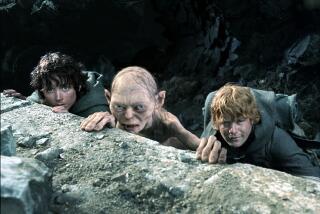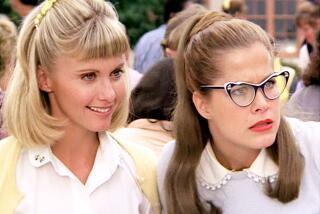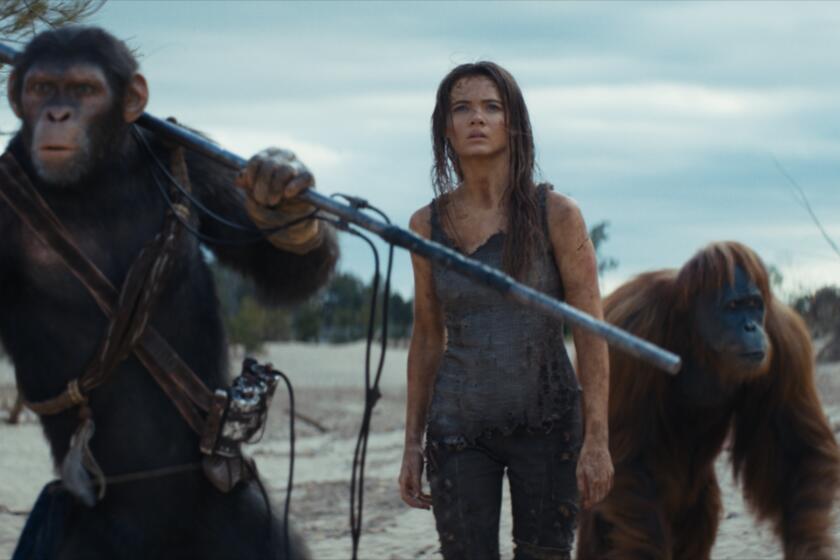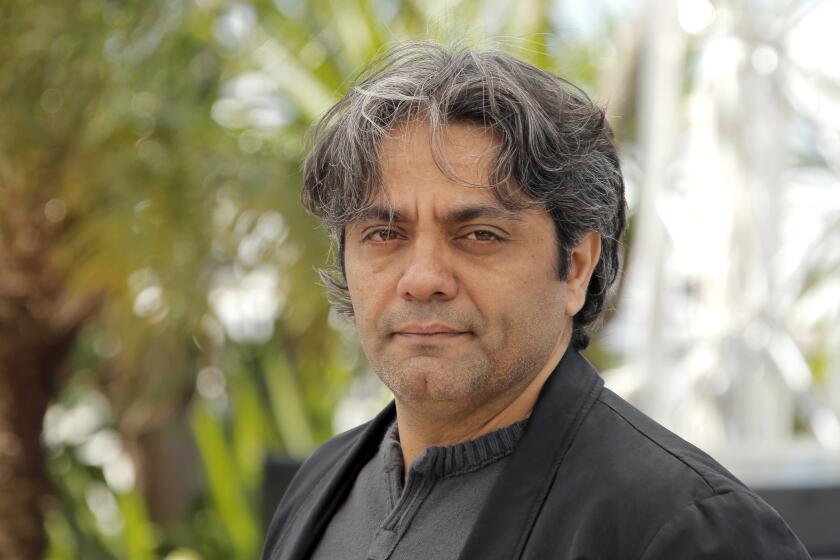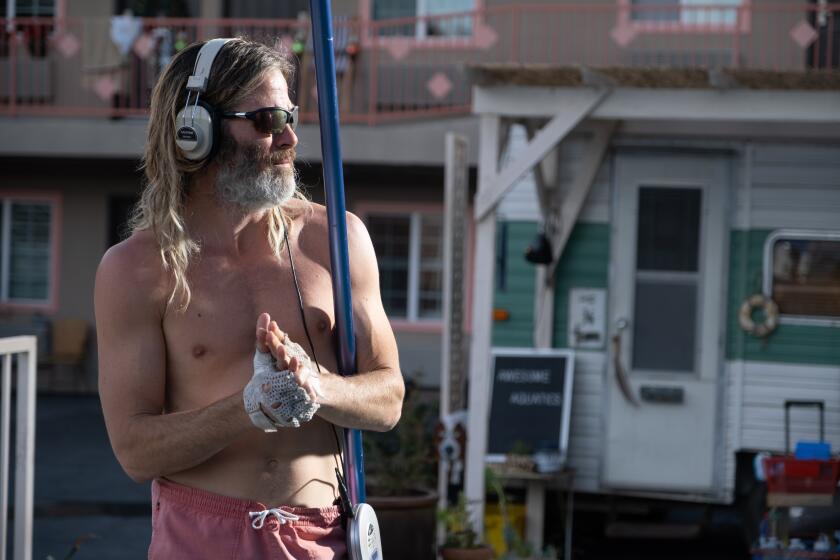Clive Donner dies at 84; part of the British new wave of directors in the 1960s
Clive Donner, who was part of the British new wave of directors in the 1960s with films such as “What’s New Pussycat?” and “Nothing But the Best,” has died. He was 84.
Donner, who had Alzheimer’s disease, died Tuesday in London, according to British news reports.
A former film editor who began directing in the late 1950s, Donner gained notice with “The Caretaker” (later re-titled “The Guest”), a 1963 drama that Harold Pinter adapted from his own play about the interactions between two brothers and a tramp who is brought home by one of the brothers.
The low-budget black-and-white film, featuring Alan Bates, Donald Pleasence and Robert Shaw, won a jury prize at the Berlin Film Festival.
Donner followed up with “Nothing But the Best,” a 1964 comedy with Bates and Denholm Elliott, and “What’s New Pussycat?”, a hit 1965 sex farce written by Woody Allen, who also appeared in the film, and whose cast was led by Peter Sellers and Peter O’Toole.
“Clive Donner was one of the major figures of the British cinema of the 1960s,” said Kevin Thomas, a film reviewer for The Times and a former staff writer. “There was a certain kind of artistic ferment in British film history in the ‘60s, and he was very much part of it.”
“Nothing But the Best,” Thomas said, “is clearly his best film. It was a very sharp, very witty satire on British social mores. He was armed with a terrific Frederic Raphael script, and he turned out a real gem.”
Donner, Thomas said, “was very much a director of the ‘60s, as far as success goes.”
“Luv,” a 1967 adaptation of the Murray Schisgal Broadway comedy, with Jack Lemmon, Peter Falk and Elaine May, was a box-office disappointment.
Donner ended the decade with “Here We Go Round the Mulberry Bush,” a 1968 coming-of-age film, and “Alfred the Great,” a 1969 historical drama with David Hemmings and Michael York.
Among Donner’s later film credits are “Old Drac” (1974, originally titled “Vampira”), “The Nude Bomb” (1980) and “Charlie Chan and the Curse of the Dragon Queen” (1981).
He spent much of the 1970s through the early ‘90s working in television, including directing Peter O’Toole in the 1976 drama “Rogue Male” and George C. Scott in two Dickens adaptations, “Oliver Twist” (1982) and “A Christmas Carol” (1984).
Nigel Lythgoe, chairman of the British Academy of Film and Television Arts, Los Angeles — and an executive producer of “American Idol” — praised Donner’s work as a director on the early ‘60s British TV series “Danger Man,” starring Patrick McGoohan.
“And two of my favorite ‘60s movies were ‘Here We Go Round the Mulberry Bush’ and ‘What’s New Pussycat?’ ” Lythgoe said, “so he was an iconic film director and one of the great British film directors, who will be sadly missed.”
Donner, who was no relation to director Richard Donner, was born in London on Jan. 21, 1926.
At 16, he accompanied his concert violinist father to a recording session of the 1943 movie “The Life and Death of Colonel Blimp” at Denham Studios, where director Michael Powell arranged a job for the young Donner in the editing department.
Donner, who served in the Royal Navy in the 1940s, went on to edit early ‘50s films such as “Madeleine,” “A Christmas Carol,” “Genevieve” and “I Am a Camera.” He made his directorial debut with the 1957 crime drama “The Secret Place,” whose cast included David McCallum.
Donner’s wife, costume designer Jocelyn Rickards, died in 2005. A list of surviving family members was not available.
More to Read
Only good movies
Get the Indie Focus newsletter, Mark Olsen's weekly guide to the world of cinema.
You may occasionally receive promotional content from the Los Angeles Times.
